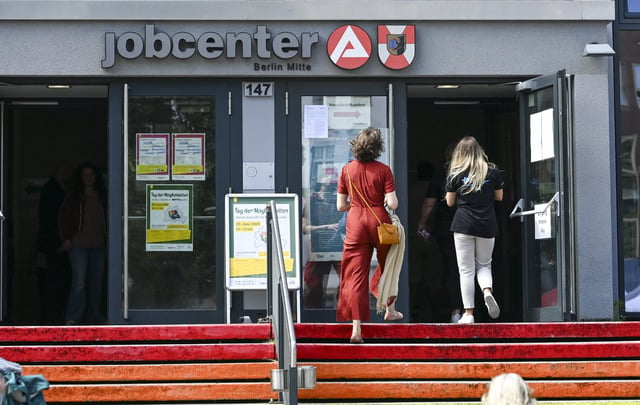Overview
- The WSI analysis calculates that full-time minimum-wage workers enjoy monthly net income advantages of roughly €557 for singles, €749 for single parents, and €660 for a one-earner couple with two children compared with Bürgergeld recipients.
- Regional housing costs drive the size of the so-called ‘Lohnabstand,’ with the smallest gaps in Munich (about €379–€444 for singles) and the largest in rural eastern districts like Nordhausen and Vogtlandkreis (around €652–€662).
- Researchers argue that policy should prioritize increasing affordable housing supply and enhancing vocational qualification measures rather than reducing Bürgergeld levels.
- Economists criticize the study’s full-time work assumption, absence of part-time and informal income scenarios, and point out low marginal hourly gains in expensive areas (for example, only about €2.29 extra per hour in Munich in one calculation).
- Political reactions are split: some coalition figures cite the findings to press for benefit tightening and caps while others back the WSI’s housing and training focus, keeping the broader Bürgergeld reform debate unsettled.



